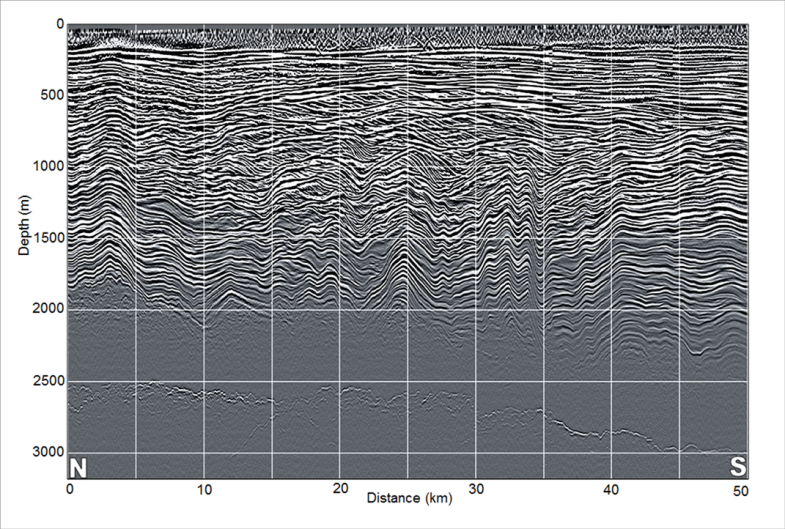 Intranet
IntranetThe high East Antarctic plateau contains more than 500,000 km2 of dune formations within which more than half their area shows no accumulation. Most dunes are in trains of several 2–5 km wavelengths, with wind-glazed lee sides and rough, accumulating windward sides. These dunes grow as they prograde upglacier into the wind, while the ice brings them downslope. 200-MHz ground-penetrating radar profiles show that the largest of these dunes contain beds up to 50 m thick and bedding sequences over 25 km long, which suggests their glazed leeward slopes have been exposed for thousands of years. Accumulation rates on these windward slopes may exceed regional averages by a factor of 5. I show these profiles, which I and my colleagues recorded during 2006–2007, along with 3-MHz profiles of stratigraphy up to 3000 m deep and which show these formations have existed for tens of thousands of years. I also explain how the metamorphic process of recrystallization and diffusion forms both glaze and depth hoar layers, which both creates this unconformable ice stratigraphy, and then destroys it, as well.
